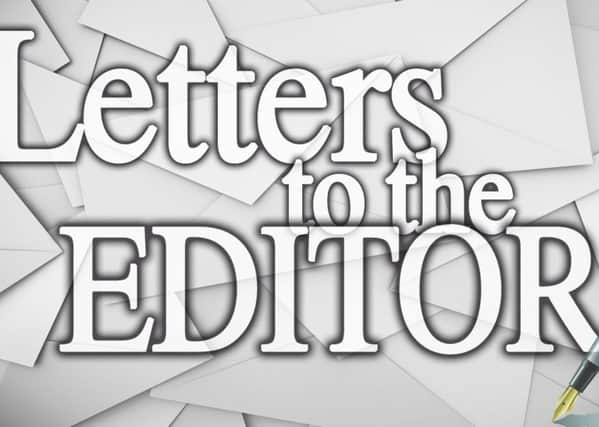Trevor Ringland: We can disagree but work together


However, I don’t think that this means they can’t work constructively together, while promoting their longer-term aspirations in a way that includes everyone.
The two elections Northern Ireland endured in 2017 revealed that our politics is as polarised as ever.
Advertisement
Hide AdAdvertisement
Hide AdYet we’ve also had the most peaceful summer for some years on the streets, which shows that people are settled and prepared to build relationships across society, despite controversial issues like Brexit.
In these circumstances we may ask whether politics will end up affecting the mood in our community, leading to further conflict or will a more relaxed mood among the people affect politics for the better?
We should all agree that the only acceptable method to pursue long-term constitutional goals is to try to make this place work for the benefit of all of us in the short-term.
That means practising politics in a way that builds a sense of inclusion, whether we’re promoting Northern Ireland’s continued membership of the UK, or whether we foresee it eventually becoming part of some type of new all-Ireland state.
Advertisement
Hide AdAdvertisement
Hide AdThe stakes are high and the way we work through our problems will determine whether we have peace and stability or further conflict in the future.
We certainly owe it to victims of past conflicts to try to ensure that what happened to them cannot happen again.
A constructively shared future or one based on polarisation. The choice is ours and no-one else’s.
Trevor Ringland, Holywood